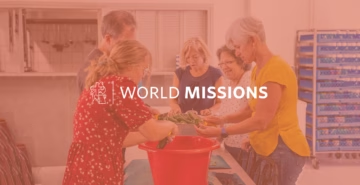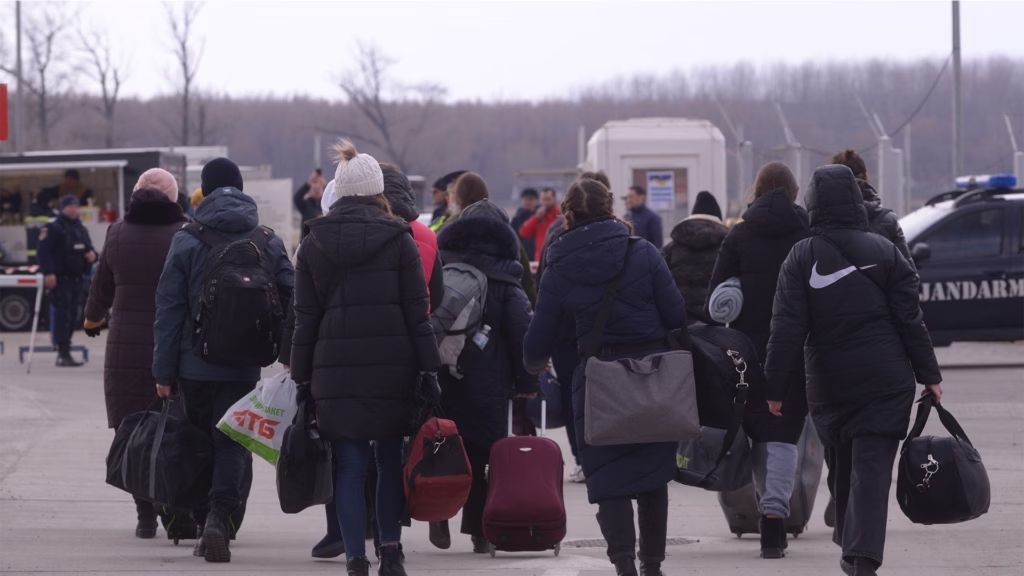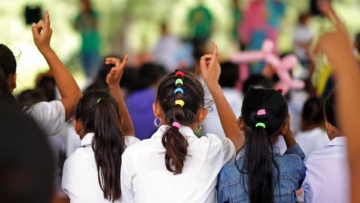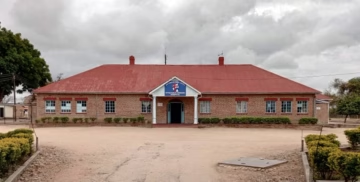
El Roi: Caring for People Away from Home, a new special project from BIC U.S. World Missions, aims to serve families and individuals who by choice or by force have left their homeland. The project name, El Roi (which in Hebrew means “the God who sees”), comes from Hagar’s story in Genesis 16.
A slave to Sarai and pregnant with Abram’s son Ishmael, Hagar fled into the desert, desperate to escape her painful circumstances. As she rested beside a desert spring, the angel of the Lord found her, encouraged her, and sent her home with a blessing. In her most hopeless and lonely time, Hagar’s Creator saw her, loved her, and gave her mighty promises. Hagar came away touched by God, saying, “I have now seen the One who sees me,” in Hebrew, El Roi (Genesis 16:13).
Just as he saw Hagar, God sees each of the millions of people who are far from home and often overlooked today. Children, women, and men face numerous challenges in building new lives in unfamiliar places. In these difficult circumstances, followers of Jesus have a precious opportunity to be the hands, feet, and eyes of the same God who saw Hagar thousands of years ago.
The El Roi Project aims to serve three primary groups of people who are away from home: refugees located outside the U.S., refugees within the U.S., and international students at American universities.
In 2023, the UN estimated there were 43.4 million refugees around the world. Resettlement takes years, and refugee families often find themselves without work permits and struggling to afford necessities. BIC workers in the Middle East and Europe reach out to refugee communities, developing relationships and providing practical support through food packs and assistance for medical care, rent, and utility bills. As ambassadors of Christ, workers are ministering to refugees in holistic ways, building relationships of trust and care, and engaging in spiritual conversations to share the good news of the Gospel.
Of the 43.4 million global refugees, just over 60,000 resettled in the U.S. in the 2023 fiscal year, and the State Department aimed to welcome 125,000 the following year. Once in the U.S., refugee families need help settling into their new country. We extend the Lord’s hospitality by providing practical helps like English and math camps for refugee children.
Refugees aren’t the only people away from home. Each year, just over one million international students enroll in U.S. universities (Statistica). For students from countries where access to Christianity is limited, college years present an opportunity to meet followers of Jesus and experience the Gospel. BIC workers in college towns create supportive communities for international students, opening doors to Kingdom conversations. After concluding their studies, most international students return to their home countries, creating a unique opportunity for far-reaching Gospel impact.
Motivated by Jesus’ words in Matthew 25:35, “I was a stranger, and you invited me in,” World Missions is passionate about caring for the needs of people far from home. The parable’s continued message serves as a reminder that caring for those who are otherwise unseen is an act of service to the God who sees: “I tell you the truth, whatever you did for one of the least of these brothers of mine, you did for me,” (Matthew 25:40).
By giving to the El Roi Project, you extend compassionate care and eternal hope to individuals around the world who have left their countries and are seeking a safe home and a community of belonging.
About the Partnership Handbook
This project is facilitated through the Partnership Handbook, a tool for missionaries, congregations, and national churches across the international BIC family to communicate and obtain financial support for ministry needs. Projects are requested by local leaders, carefully vetted, and selected with special consideration given to lasting impact, local investment, and sustainability. BIC U.S. covers administrative costs, so 100% of your donation advances ministry endeavors around the world.


